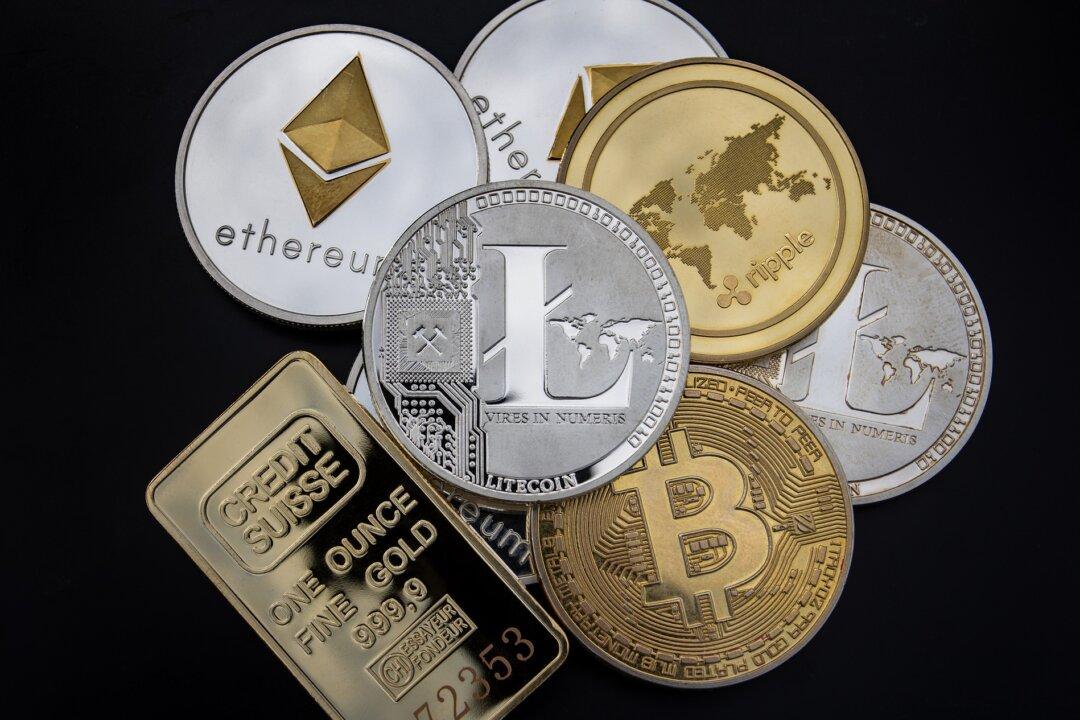Two topics in the financial world are dominating the headlines right now: inflation and cryptocurrency. Inflation has been rising steadily, reaching a 40-year high last month; and crypto, whether you invest in it, loathe it, or pay it no mind, is irrefutably here to stay.
Crypto, the new kid on the block, has attracted much attention in recent years. In 2017, during the Bitcoin Boom, fewer than 1000 cryptocurrencies were being traded. According to Currency.com, as of the beginning of this year, there are over 9,000 different cryptocurrencies, and more are being created daily. The market is volatile and top-heavy; the top five cryptocurrencies represent more than $1.18 trillion in market capital.





